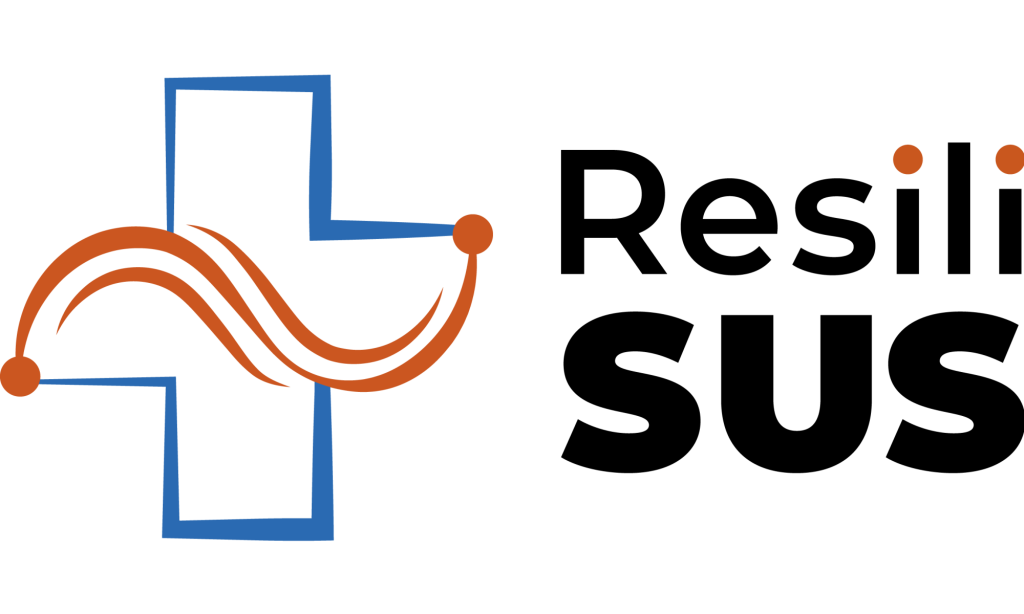O artigo (em inglês) está hospedado no portal da Springer, fevereiro de 2018. É possível realizar o acesso através do link.
Abstract
In this paper, we present a hierarchical fuzzy model to support patient triage in primary health care. In developing countries like Brazil, public health must usually cover degraded territories; thus, allocating patients to health services is very hard due low availability, enormous demands, and the complexity of assessing patient conditions—which must account for more then physical aspects of patients, but their social conditions as well. This approach combines the fuzzy set theory under the AHP framework in order to illustrate the inherent imprecision in the evaluation of patient risk. Fieldwork was conducted in a primary healthcare facility in Brazil to demonstrate the applicability of the proposed approach. The proposed approach represents criterion in the formation of patients’ risk scores encompassing important aspects of primary care triage such as the structure of families, the conditions of residences, exposure to urban violence, and other aspects of patients’ lives, taking the risk assessment beyond the simple evaluation of symptoms and physiological conditions. Our approach focuses on enforcing decisions of public health workers by improving the awareness of patients’ conditions, which we believe will make the employment of triage criteria uniform and capable of showing tendencies on patients’ risks, as well as avoiding bias in patient triage.



